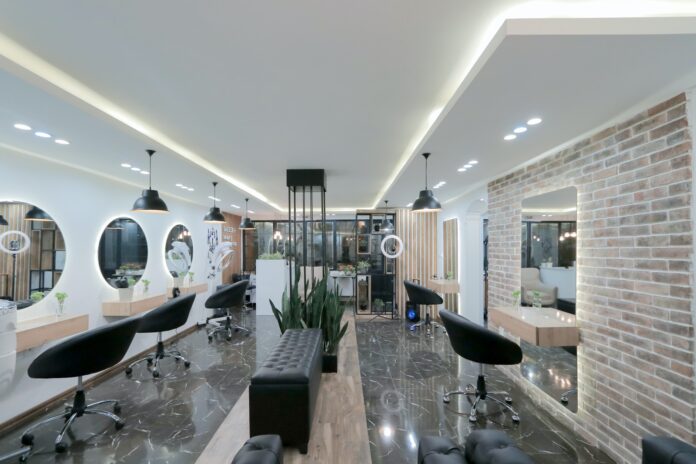
The coronavirus had a profound effect on nearly every industry in the UK, as business leaders and independent outlets alike pivoted to new business models to weather the worst of the restrictions. In the beauty industry, this manifested as a boom in the home-based salon; according to a recent report, 60% of those working in beauty are self-employed, and 40% of those either work at home or as a mobile service.
Self-employed beauticians are clearly here to stay, and represent a powerful career path for those interested in beauty. If you’re thinking about opening your own salon, doing so from home can not only be a huge money-saver but also give you unparalleled autonomy as a business. Here are some of the key things you should consider in opening a home salon.
Make Sure You’re Legally Compliant
First things first, you’ll want to make sure that you’re completely covered legally before you open up shop. For a start, you need to be registered as a ‘sole trader’ or freelance worker with HMRC. This is a legal requirement, and if you’re discovered to be taking money for services without declaring income as a self-employed worker, you could be liable for significant penalties.
Besides, registering as self-employed at your earliest convenience enables you to write off any purchases even tangentially related to your operation – including a portion of your mortgage or rent – as a business expense, saving you on your tax return at the end of the next financial year.
Invest in Equipment
Speaking of business expenses, your next concern should be that you have the right equipment for the services you’d like to offer. It’s no good to offer a professional manicure and pedicure service without buying a high-quality pedicure chair for your customers!
Whatever the service you intend to offer – whether deep tissue massage, nail care, holistic therapies, or even hairdressing, up-front investment in good quality equipment will enable you to offer the best possible service. Scrimping on key tools and equipment could detract from customer experience, where additional upfront investment can ensure long-term success.
Separate Facilities for Clients
As customers will be visiting your personal residence for treatments, it can become important to create boundaries – for the benefit of both you and the customer. A customer is much more likely to feel at ease if they don’t feel like they are imposing on your home, something that could be much more likely if you have family or housemates in the house at the same time.
As such, partitioning off your working space from your home space can make a lot of sense. If you have a spare second bathroom in your home, consider making it a client-only space during your working hours.
Utilize Reliable Booking Systems
Lastly, it’s highly likely that you’ll be on your own in running your salon. This means you’ll also be looking after booking inquiries, which can take up valuable time and even interrupt sessions with clients. Here, investing in a subscription to a professional online booking platform can make all the difference to your stress levels and the quality of service you provide.










